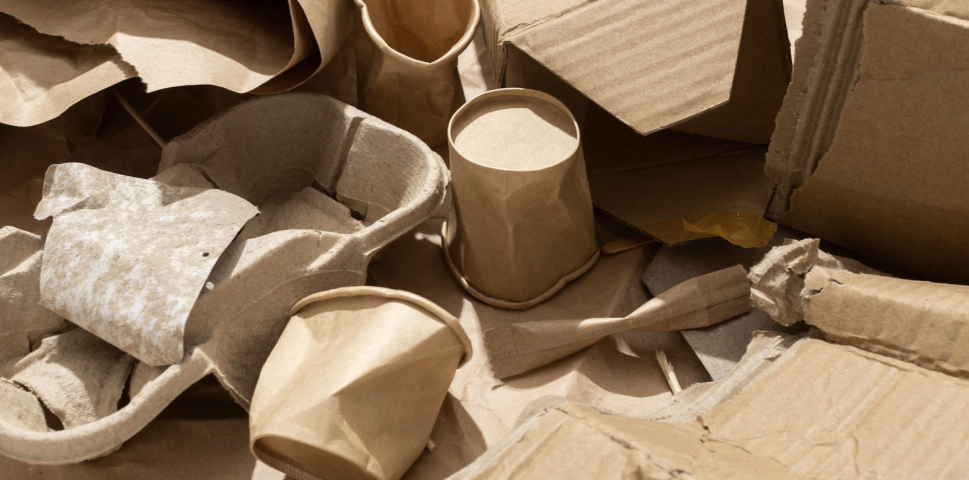The aviation industry has been hard-hit by the recent pandemic. In many, though not all countries, environmental performance conditions have been placed upon bailouts of various aviation stakeholders. For instance, in Canada, airlines and others receiving federal relief funds must both report and plan on climate change and related sustainability performance and initiatives.
With aviation’s recovery in the spotlight, the industry needs to show progress on some environmental metrics, including waste, which will invariably lead to an examination of International Waste (IW) practices.
Just What Is International Waste (IW)?
The International Civil Aviation Organization (ICAO) has generally defined International Waste (IW) as waste derived from international flights. It can also include waste from those terminals that international flights service.
When waste originates from countries with different policies and regulations, there is a risk of the introduction of plant pests, diseases, and other contaminants. For these reasons, this waste is sometimes called Quarantined Waste (QW). Often similar in material type to Municipal Solid Waste (MSW), airports generally handle and process IW separately from other waste to comply with local policy regulations.
IW was born of agricultural contamination concerns in the 1970s regarding potential pathogens being transported between countries. The restructuring of international regulations was formed and approved by several International Sanitary Conferences. The basis of the conferences played a significant role in the formation of the World Health Organization in 1948.
All International Waste (IW) Not Necessarily International
With tight restrictions on IW and concerns regarding potential domestic waste contamination arising from IW, there exists a bias within the aviation industry towards the overinclusion of waste materials being deemed IW. Several factors contribute to this overinclusion.
- Many airports do not allocate the resources needed for recycling non-IW wastes. Thereby making the liberal designation of IW materials appear to be a less costly alternative;
- Any intermingling (perceived or actual) of IW and other waste causes all of the materials in question to be deemed IW;
- In many countries, it is permissible to use IW without any pretreatment or segregation to power waste-to-energy facilities (frequently utilizing poor-performing incineration technologies), positioning IW as a low-cost fuel source for these power plants often located near international airports for this express purpose;
- Economies of scale inherent in treating all waste as IW, since international flights generate substantially more waste per passenger than domestic flights;
- Historically speaking, segregating and preserving separate IW and recyclable waste streams in many airports has been cost-prohibitive and logistically problematic; and
- For those countries without a robust domestic recyclables industry – and there are many – it often makes sense to treat all waste as IW.
As a result, the environmental opportunities for better commodity stewardship and the economic benefits accrued through higher value recovery activities are all too commonly lost.
Sustainable Alternatives for International Waste (IW).
Many countries, including Canada, have commenced reviewing how IW is managed in the aviation (and shipping) industries. The United States Department of Agriculture, Animal and Plant Health Inspection Service recently took part in a Transportation Research Board study entitled “Recovering International Recyclables from In-flight Service.” Identification of increased IW recycling was the goal of the research.
The paper also includes a reference of practices found in other countries for potential future US-related policy updates. Within the European Union, a loosening of historic IW border restrictions allowed for overall decreased IW production. Decreases in production resulted from the increased collection of non-contaminated recyclable materials (NCRM) derived from EU-based flights.
Regardless where reviews and changes are taking place around the world, regulators have some potentially overarching IW considerations and opportunities in mind, including:
- Aligning activities ensuring non-contaminated recyclable materials (NCRM) are recycled;
- Segregating and sterilizing IW waste commodities, such as aluminum;
- Improving on-site resource recovery obligation compliance for various regulated materials;
- Reviewing IW and unrestricted aviation waste stream combinations securing the economy of scale necessary for infrastructure commitments;
- Implementing specific material usage reductions or certain material usage restrictions enhancing international travel-related supply chain circularity, and;
- Creating new recovery monetization strategies for aviation stakeholders.
For example, in a recent communiqué from the European Commission, a rethinking of their policies for energy and supply chains was identified as the EU’s Circular Economy Action Plan (CEAP.) The CEAP will ensure circularity for products utilizing standard methodologies and principles in support of new business models.
In short, the global International Waste (IW) environmental problem might also be the inevitable lightning rod for a dramatic reorienting of aviation waste management, consistent with the broader climate-related goals of industry, including under the CORSIA commitments of the airline industry.
Once the aviation industry can realize the economic benefits of a resource recovery system while meeting their international commitments on climate and environment, its relationship to International Waste (IW) will genuinely be transformed.





